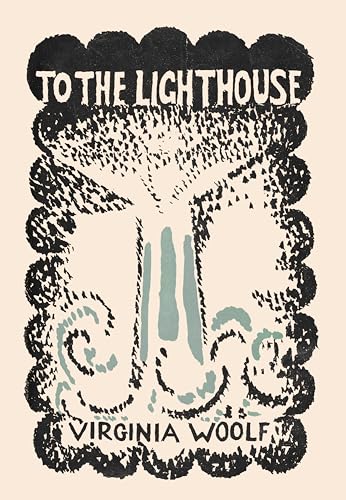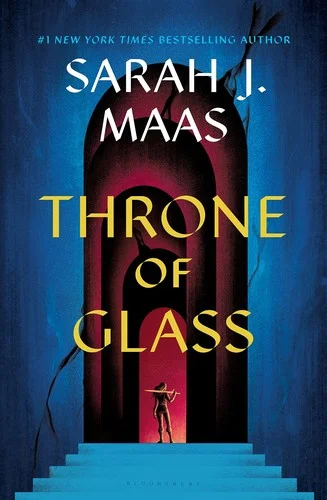'For now she need not think of anybody. She could be herself, by herself. And that was what now she often felt the need of-to think; well not even to think, to be silent; to be alone...' First published in 1972, To the Lighthouse is an exceptional experiment in the literary technique of stream of consciousness. It is considered as one of the best English-language novels of the twentieth century. This novel by Virginia Woolf is an epitome of human desire, a force that pulsates over the indifferent sea of the natural world leading people's passage across it. To the Lighthouse, like Woolf 's other works, has earned its rightful place in feminist literature of all times.
Virginia Woolf
Virginia Woolf was a prominent English writer and modernist literary figure. Known for her stream-of-consciousness writing style, she challenged traditional narrative structures and explored themes of gender, class, and mental health in her works. Some of her most notable works include "Mrs. Dalloway," "To the Lighthouse," and "Orlando." Woolf's contributions to literature include her innovative approach to character development and narrative technique, as well as her exploration of the inner lives of her characters. Her most famous work, "Mrs. Dalloway," is considered a masterpiece of modernist literature and a reflection of Woolf's unique literary voice. Woolf's impact on the literary genre is undeniable, as she paved the way for future generations of writers to experiment with form and style in their own works.









